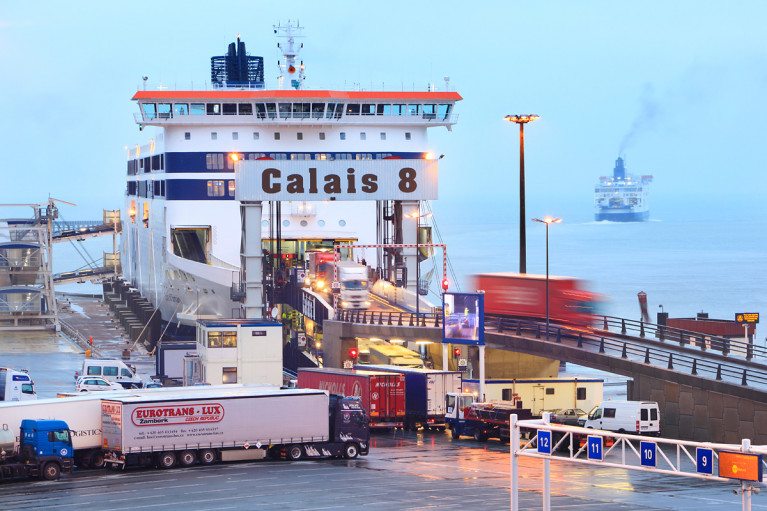Displaying items by tag: Port Award
The port theme for this year's European Sea Ports Organisation (ESPO) Award on Social Integration of Ports is “Enhancing the port-city relationship by encouraging innovators and local start-ups to be part of the port ecosystem”.
This is the award's 12th edition and innovation is key for European ports if they want to prepare for a zero-carbon and digital future. Most European ports are situated in or near big urban agglomerations where innovation and start-up businesses are at their best.
ESPO Award 2020 will go to the port managing body that has developed a successful strategy to attract innovation and local start-ups to the port and thus matches supply and demand for innovative solutions for the port and its stakeholders.
The winning port will demonstrate to what extent this strategy has led not only to stimulating innovation in the port, but also making the port ecosystem an attractive place for innovative ideas and local young start-up talents.
Project submissions have to reach the ESPO Secretariat by Friday 26 June 2020 (at the latest). The application form and the terms of reference are available on the ESPO website.
The winner is being selected by a jury of international port experts and friends, ably led by Irishman Pat Cox, TEN-T coordinator and a former President of the European Parliament.
“The ESPO annual awards always are an inspiring event to be associated with. Ports large and small, central and peripheral, public and private each year reveal the rich tapestry of member port activities. I look forward to this year's theme of attracting innovation start ups as part of the port ecosystem. In a year of unparalleled challenges facing the transport industry because of the Covid-19 pandemic and the great lockdown it precipitated, our ports have proved again their critical and indispensable role in vital supply chain logistics. We owe a debt of gratitude to all those on land and sea who - in every sense of these words - delivered the goods. Crisis often, as an unintended but positive consequence, becomes the mother of invention. On behalf of the ESPO Award Jury let me confirm that we look forward to seeing some great examples of this portside innovation in our in-tray in the months to come,” comments Pat Cox.
The 12th ESPO Award will be officially handed out during an Award Ceremony and Dinner, which will take place on 10 November in Brussels.
About the ESPO award
The ESPO Award was established in 2009 to promote innovative projects of port authorities that improve social integration of ports, especially with the city or wider community in which they are located. In this way, the Award aims to stimulate the sustainable development of European ports and their cities.
Previous winners of the Award are the Port of Gijón (2009), the Port of Helsinki (2010), the Ports of Stockholm (2011), the Port of Genoa (2012), the Port of Antwerp (2013), the Port of Koper (2014), Port of Dublin (2015), BremenPorts (2016) and Guadeloupe Ports Caraïbes (2017), Port of Rotterdam (2018) and last year's winner the Port of Dover.























